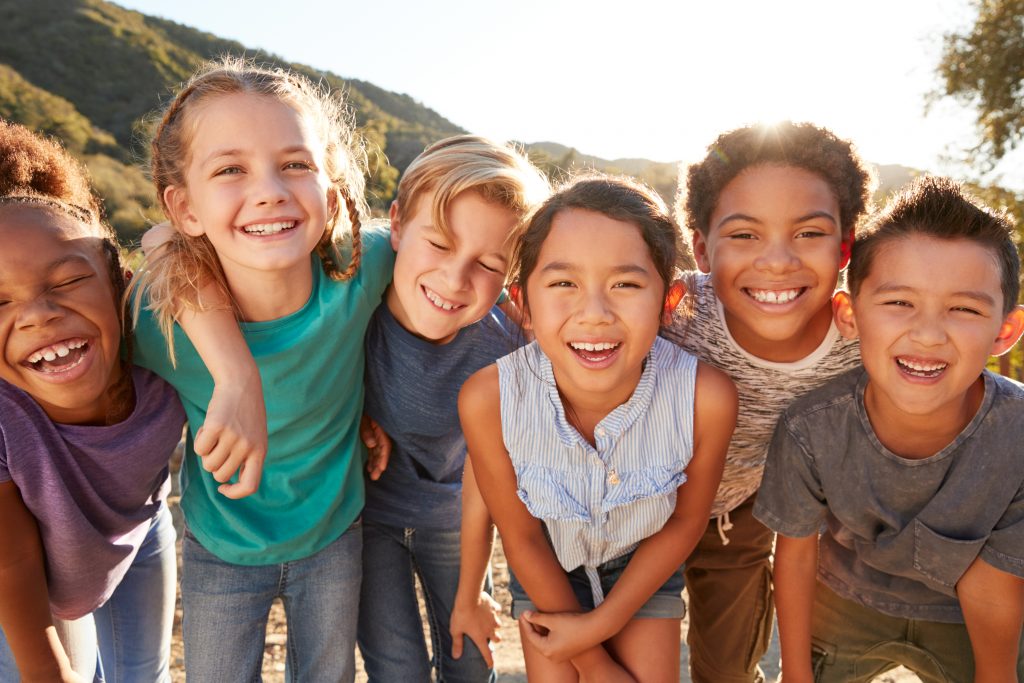
Part of helping our children grow up to be well-balanced, contributing members of society is helping them understand what is going on in the world around them. And helping them understand that they can always help make the world a better place.
Of course, the world can be scary—especially for children—and we should always consider our kids’ age and maturity levels when helping them stay up-to-date on current news. There are plenty of bad actors out there looking to harm and exploit kids, and many global tragedies can have especially unfair and harmful effects on children. But it can be hopeful (and helpful!) to also remember that there are many groups that exist for the sole purpose of protecting and helping children.
Enter UNICEF. You’ve probably heard the name, but do you know what this organization is and what it does? When it was created, UNICEF was short for the United Nations International Children’s Emergency Fund, but the official name has now been shortened to United Nations Children’s Fund (while still using the acronym UNICEF). It is part of the United Nations, and it’s an organization dedicated to helping children around the world.
How Did UNICEF Begin?
UNICEF was created in 1946 after the end of World War II, and its original purpose was to help provide relief to families that were suffering from the effects of World War II. Soon, the organization’s mission expanded to helping enable bright futures for children everywhere.
Since that time, UNICEF has grown and now reaches all parts of the globe, with different branches in different areas and countries. According to UNICEF’s website, “UNICEF has consistently worked to protect the rights and well-being of all children. Whoever they are. Wherever they live.”
What does UNICEF Do?
So what is the purpose of UNICEF? The United States branch states that its mission is “helping every child thrive, all over the world.” UNICEF raises money, partners with other organizations, and organizes resources to help children worldwide have what they need to succeed. They take care of children in international crises (like the war in Ukraine) and work on long-term solutions to problems that children face. That means help with both physical needs like food, shelter, and water, as well as psychological and educational needs, like providing access to education and safe spaces.
UNICEF also gathers and organizes research about the most prevalent issues facing children today. Anyone can visit the UNICEF website to get up to speed on the most current research on which issues children are up against.
How Can My Family and I Help?
If you’re wondering how all of this applies to you, remember that you can help your kids become good global citizens by teaching them about the lives and struggles of children around the world. Being informed about the plight of others can teach empathy.
And there’s always something each of us can do to help someone else, whether locally or internationally. You can visit unicefusa.org to donate or learn more about the most pressing needs and how you can contribute, or you can find a way to volunteer or help someone in your own community.
